Broward County, which has one of the fastest growth rates in the nation, has a property tax roll value that is larger than many states. In 2018, the county had over 1.935 million residents with 22,550 sales of single family homes and 15,966 condo sales. That’s a LOT of activity. You can imagine how much work the property appraiser’s office must do each year. In fact, 850,000 tax bills are mailed on November 1st for the current calendar year (taxes are paid in arrears).
Property Taxes are Important
 Property taxes, especially in Broward County, often seem complicated. And, understandably so. Local taxation is different here than in many places around the country. With different components including assessed value, millage rates, homestead, disability, widow exemptions as well as portability it is no wonder so many people are confused.
Property taxes, especially in Broward County, often seem complicated. And, understandably so. Local taxation is different here than in many places around the country. With different components including assessed value, millage rates, homestead, disability, widow exemptions as well as portability it is no wonder so many people are confused.Insight into Property Taxes
 Recently, we attended a seminar on Property Taxes, sponsored Broward County Property Appraiser and the Broward County Tax Collector.
Recently, we attended a seminar on Property Taxes, sponsored Broward County Property Appraiser and the Broward County Tax Collector.The Broward County Property Appraiser (BCPA) and the Broward County Tax Collector (BCTC) are two separate and distinct entities. Each has specific responsibilities. They are not interchangeable.
Broward County Property Appraiser’s Office
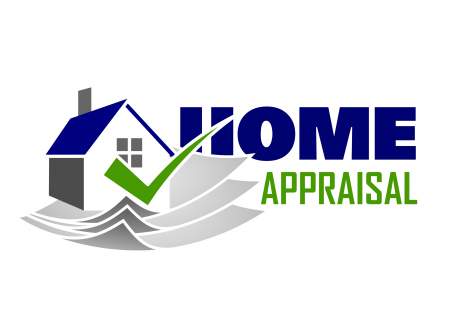 Annually, the Broward County Property Appraiser (BCPA) determines the value of your home. This value is used as the base number at the start of the property tax equation.
Annually, the Broward County Property Appraiser (BCPA) determines the value of your home. This value is used as the base number at the start of the property tax equation.How Is Your Property Appraised?
 The BCPA has a process in place in for appraisals. Primarily, they use comparable sales as a guideline. That said, they analyze the sales of similar homes in your neighborhood to determine the likely market value. Also, they identify properties in your neighborhood that have specific shared issues (like waterfront or golf course locations). Both of these affect valuation.
The BCPA has a process in place in for appraisals. Primarily, they use comparable sales as a guideline. That said, they analyze the sales of similar homes in your neighborhood to determine the likely market value. Also, they identify properties in your neighborhood that have specific shared issues (like waterfront or golf course locations). Both of these affect valuation.
 Also, they review the prior years’ sales and incorporate lot sizes and adjusted square footage to determine the market value.
Also, they review the prior years’ sales and incorporate lot sizes and adjusted square footage to determine the market value.
In determining the valuation, the appraiser includes everything under the roof truss as well as lot size, location and type.
It is important to note that the assessed value and the property’s market value are two different things. Generally, the assessed value of a home is less than the true market value of a property. While the assessed value considers things like square footage and lot size, the actual market value takes into account much more including recent updates done to a home, the overall condition of the home, supply and demand in a particular neighborhood, etc.
These types of improvements, combined with homestead exemptions, the Save Our Homes amendment (discussed later) and portability result in similar homes in the same neighborhood paying different amounts of real estate taxes.
Handling Appraisal Concerns
If you have questions regarding the valuation of your home, you would contact the Broward County Property Appraiser’s office. First, you can meet with the BCPA appraiser to discuss the valuation. Second, you can petition the Broward County Adjustment Board. Finally, you can take legal action and file suit in the Circuit Court (appeals options are also available).
The website for the Broward County Property Appraiser’s office offers a great deal of information and services. You can file online for your homestead application (discussed below), download forms, use the home buyers tax estimator tool, get tax savings information and report fraud.
Broward County Property Tax Collector
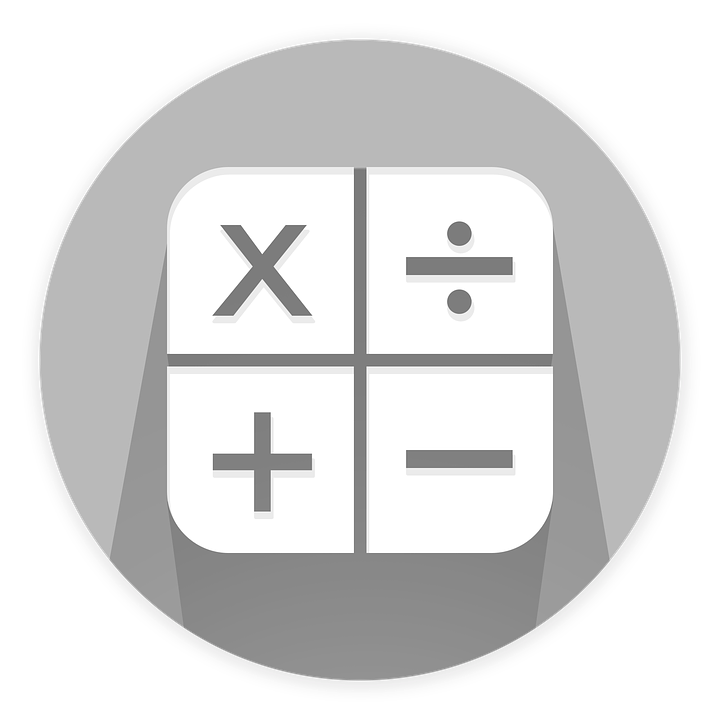 Your property taxes are computed by taking the Assessed Home Value and subtracting Exemption Amount(s). This number is the taxable value of your home. Multiply this amount by your millage rate to determine the taxes due (also called ad valorem taxes).
Your property taxes are computed by taking the Assessed Home Value and subtracting Exemption Amount(s). This number is the taxable value of your home. Multiply this amount by your millage rate to determine the taxes due (also called ad valorem taxes).Broward County Millage Rates
In 2016, the average mill was 20.3496 thus, the millage rate of your city is multiplied by the assessed value of your home to determine your property taxes.

Property owners are apprised of approximate millage rates via a Trim (Truth in Millage) notice which is mailed in mid-August of each year. This is your notification of estimated taxes. It is NOT a tax bill. You should review this note for appraisal and millage information.
Paying Your Tax Bill
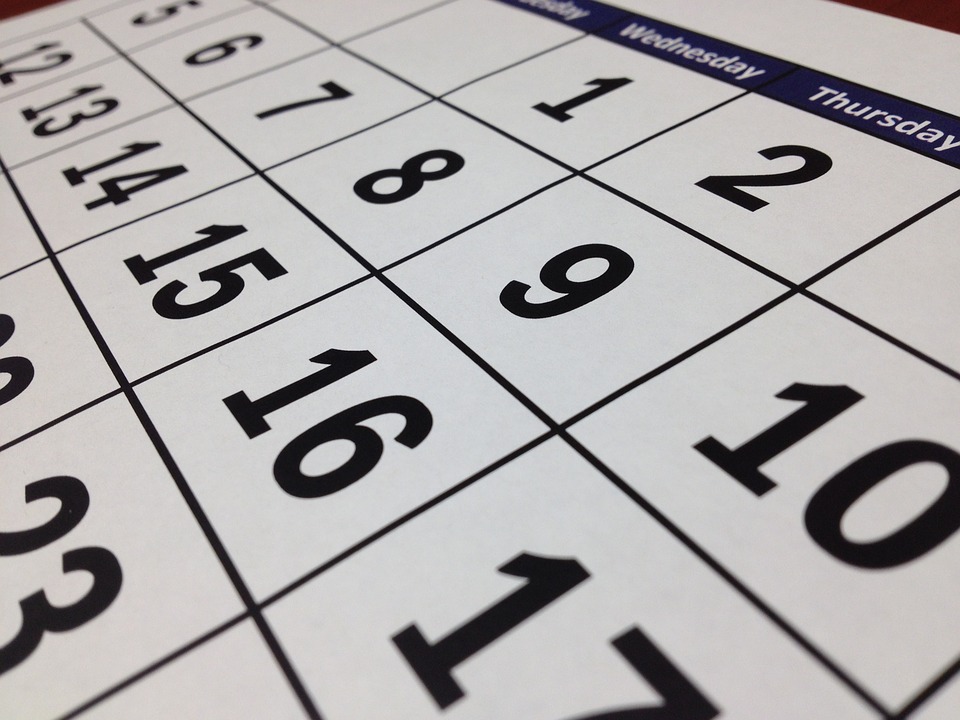 Actual tax bills are mailed to property owners on November 1 of each year. They can be paid beginning November 1st. Bills may be paid on-line, by mail, in person at Wells Fargo, or in person at the tax collector’s office. The address is 115 South Andrews Avenue in Room A100.
Actual tax bills are mailed to property owners on November 1 of each year. They can be paid beginning November 1st. Bills may be paid on-line, by mail, in person at Wells Fargo, or in person at the tax collector’s office. The address is 115 South Andrews Avenue in Room A100.
The Benefit of Early Payment
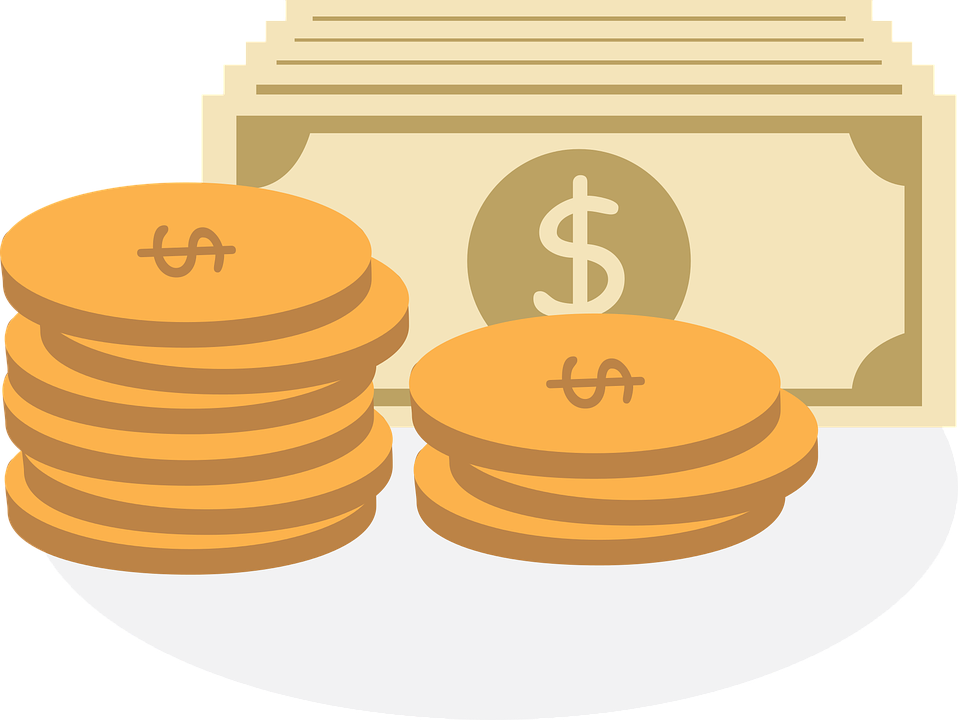 Now, you may be wondering if there is a benefit to pay your real estate taxes sooner rather than later. The answer is yes.There is a discount for early payment. That said, if you remit payment between November 1st and November 30th, you will receive a 4 percent discount. Then, bills paid in December are discounted 3 percent. January is two percent and February is 1 percent. Tax bills are due in March so there is no discount. Finally, taxes not paid by April 1st are delinquent and 1.5% interest per month plus $11.50 in fees will be assessed.
Now, you may be wondering if there is a benefit to pay your real estate taxes sooner rather than later. The answer is yes.There is a discount for early payment. That said, if you remit payment between November 1st and November 30th, you will receive a 4 percent discount. Then, bills paid in December are discounted 3 percent. January is two percent and February is 1 percent. Tax bills are due in March so there is no discount. Finally, taxes not paid by April 1st are delinquent and 1.5% interest per month plus $11.50 in fees will be assessed.
Other Payment Options
Quarterly Payments
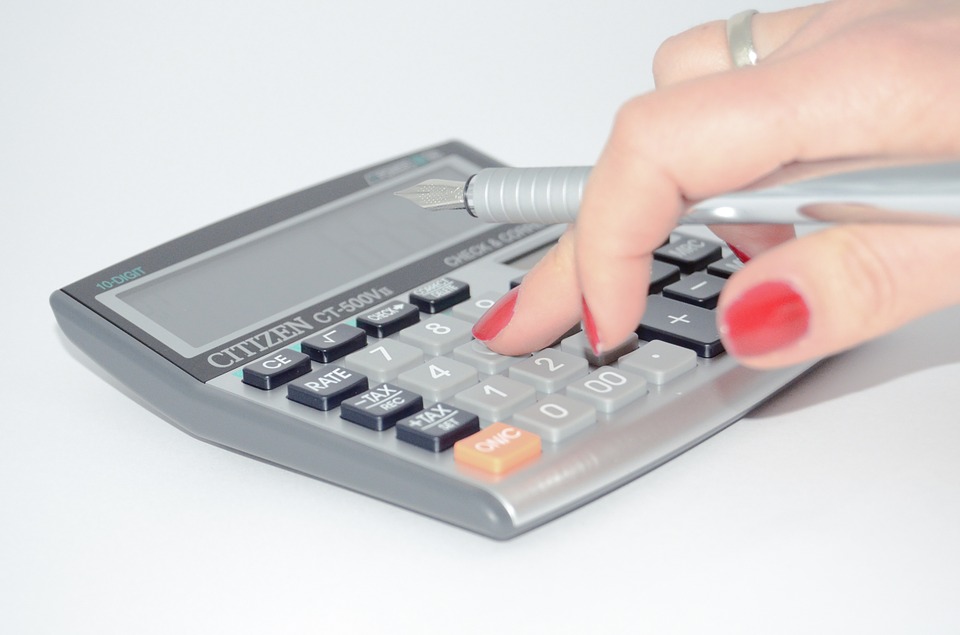
Those wishing to pay quarterly must enroll by April 30th for the following tax year. Understand, the four payment due dates each come with a discount. For example, June’s payment discount is 6%, September’s is 4.5%, December’s is 3% and March is 0%. The discount on the overall tax bill is 3.5%, half a percent less than when paid in November in a single payment. However, understand that once you enroll in the quarterly plan you cannot discontinue it.
Partial Payment Plan
Now, a second option is available for those who wish to space out their property tax payments. This option is known as the partial payment plan. In order to participate, you must officially request this option and be approved by the Tax Collector’s office. This plan allows for up to five payments. However, each must be at least $100 and will be assessed a $10 fee. Additionally, the total property tax bill must be paid by March 31st. This time, no discounts will be available.
No Excuses for Property Taxes
 There are no excuses for NOT paying your tax bill. The tax collector’s office has made this extremely clear. Even these common issues cannot be used as an excuse:
There are no excuses for NOT paying your tax bill. The tax collector’s office has made this extremely clear. Even these common issues cannot be used as an excuse:- My name (the property owners) was not be on the bill.
- My tax escrow notices were addressed to the seller of my house.
- I received an escrow notice but my mortgage is paid or had changes.
Homestead Exemptions, Save Our Homes and Portability

Some of the most often asked questions of realtors with regard to property taxes have to do with exemptions, Save Our Homes Act (SOH) and portability. Each is explained below.
Homestead Exemption
The homestead exemption is offered to legal Florida residents who own real property and meet specific qualifications. First, you must be the legal owner or have beneficial title to the home as of December 31st. Second, the property must be your permanent residence (not a vacation home). You can only apply for and receive one homestead exemption, even if you own multiple homes.
The typical homestead exemption is $50,000 (on homes valued at over $75,000). The BCPA shared that i 2017 this saved homeowners between $615.43 and $1,030.61. Clearly, it is important to file for this exemption.
If you are interested in filing for this exemption for 2019, the timely filing period runs from March 2, 2018 to March 1, 2019. The late filing date is September 18, 2019. You can file for this exemption on-line or in person at one of the BCPA’s events.
Typically, you do NOT need to reapply for the homestead exemption if you have not moved. If you complete the application and are denied, you can appeal.
Finally, there are additional exemptions available to certain people, depending upon their circumstances (widows, veterans). These will decrease the taxable value of their homes. Click here for a list of exemptions and instructions on how to file for them.
Finally, there are additional exemptions available to certain people, depending upon their circumstances (widows, veterans). These will decrease the taxable value of their homes. Click here for a list of exemptions and instructions on how to file for them.
Save Our Homes

Save Our Homes, effective January 1, 1995, amended the Florida Constitution. This amendment effectively protects longtime state residents from rising tax bills. Quite simply, it limits the increase in assessed values of a homestead property to the lower of either 3% or the annual rate of inflation, regardless of how much the property value truly increases. One year after your qualification for the homestead exemption you are automatically granted the protection generated by Save Our Homes. Here is the benefit: The more your home increases in value and the longer you own it, the more you will save in each year in taxes.
What is Portability?
Portability can be used an unlimited number of times; but homeowners need to apply for it. All values are determined by the county property appraiser and taxes are still determined by multiplying the appraised value by the millage rate of the city in which you reside.
Property Taxes Are Due Soon
Hopefully the information here provides you a greater understanding of how property taxation works within Broward County. Obviously, the information is complex. But, maintaining a working knowledge is important, not only when buying and selling a home, but also for all homeowners.
At The Wilson Real Estate Group, we are well equipped to help you understand the tax ramifications of both buying and selling a home and can guide you through the paperwork and processes. That said, we are also fortunate to have both the Broward County Property Appraisers Office and the Broward Tax Collector’s office willing and able to provide direction.
Remember, the only “dumb question” is the question not asked. With so many resources available, all of your concerns can be addressed.
Your real estate agent is the best source of information about the local community and real estate topics. Give The Wilson Group a call today at 954-818-6092 to learn more about local areas, discuss selling a house, or tour available homes for sale.
